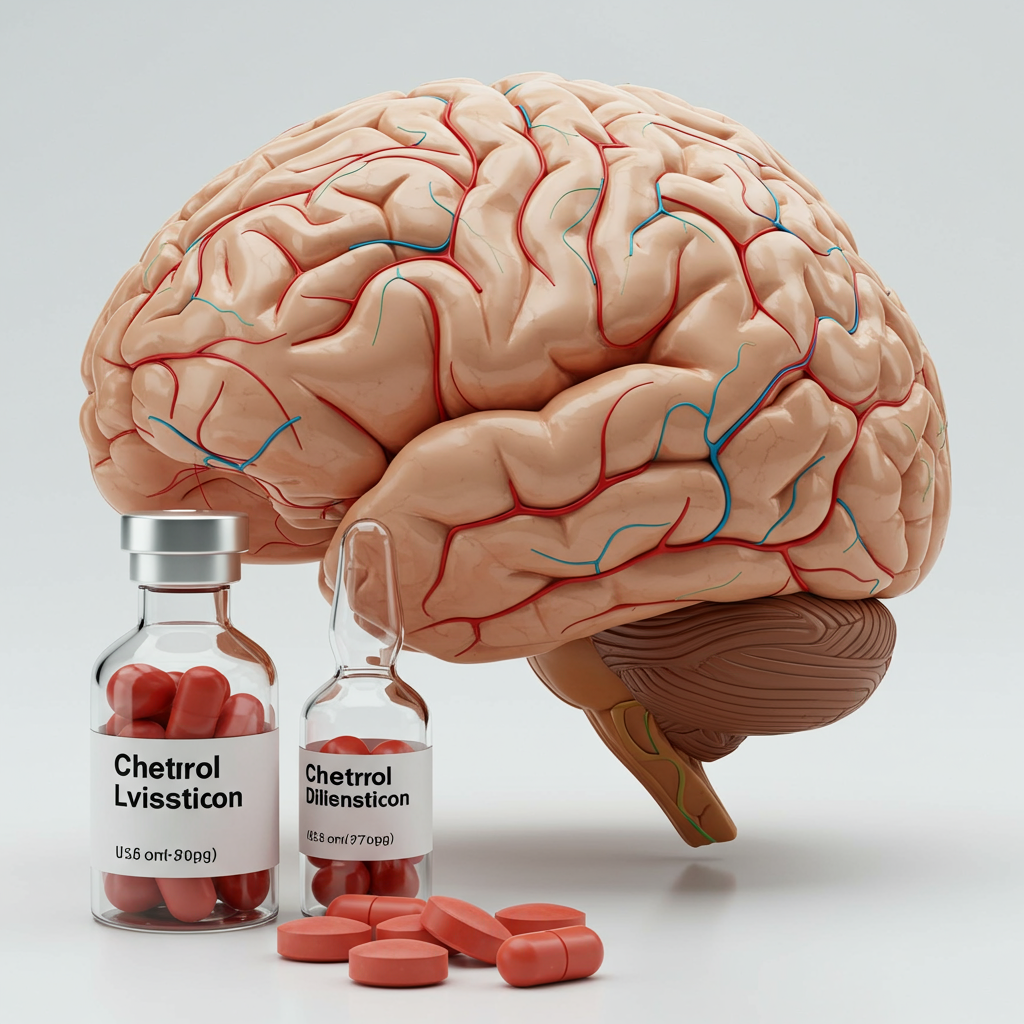Cholesterol-lowering medications, particularly a group of drugs known as statins, are widely prescribed to manage blood cholesterol levels and reduce the risk of heart attack and stroke. But emerging research suggests these common drugs might offer additional benefits, potentially impacting brain health and lowering the risk of developing dementia.
Statins work by reducing the level of low-density lipoprotein (LDL) cholesterol in the blood. Often dubbed “bad cholesterol,” high LDL-C can accumulate in arteries, forming plaques that restrict blood flow and contribute to cardiovascular disease. While the primary goal of statin therapy has been heart health, the intricate connection between the cardiovascular system and the brain means that what’s good for the heart is often good for the head.
Key Findings from a Large Study
A recent, large-scale study conducted by researchers in South Korea adds significant weight to the idea that managing cholesterol could play a role in preventing dementia. Analyzing health data from over 570,000 individuals, the study found a clear association between lower levels of “bad” LDL cholesterol and a reduced risk of dementia, including Alzheimer’s disease.
Specifically, individuals with LDL cholesterol levels below 1.8 mmol/L demonstrated a 26% lower risk of overall dementia and a 28% reduced risk of Alzheimer’s compared to those with levels above 3.4 mmol/L. For context, the NHS currently recommends aiming for LDL cholesterol levels below 4mmol/L.
Beyond the benefits seen with naturally lower LDL levels, the research revealed that the use of statins appeared to provide additional protective effects against dementia. This added benefit was observed even among participants who already had LDL cholesterol levels in the lower range (below 1.8 mmol/L). In this group, statin users saw a further 13% reduction in dementia risk and a 12% decrease in Alzheimer’s risk compared to non-users with similar low LDL levels.
Published in the Journal of Neurology Neurosurgery and Psychiatry, the study authors underscored the “crucial role of managing LDL-C in lowering dementia risk” and suggested that these findings could potentially inform clinical guidelines, advocating for “personalised statin prescriptions” to achieve LDL-C levels that might offer maximum cognitive benefits.
Understanding the Complex Link Between Cholesterol and Brain Health
Dementia, particularly Alzheimer’s disease, is a complex condition influenced by a multitude of factors, including genetics, lifestyle, and environment. While the South Korean study highlights a strong association between cholesterol management and lower dementia risk, the exact mechanisms linking statins or low LDL directly to brain protection are still being explored.
Cholesterol metabolism is just one of many biological pathways being investigated for its role in Alzheimer’s pathogenesis. Researchers are also looking into other potential drivers, such as chronic brain inflammation, dysfunction in cellular cleaning processes (like autophagy), and metabolic changes, including how brain cells process glucose.
The field of Alzheimer’s research is actively pursuing various strategies, including targeting inflammation pathways with novel drug candidates or repurposing existing medications originally developed for other conditions like cancer or diabetes to address metabolic deficits in the brain. Statins, as existing and well-understood drugs with known safety profiles, fit into this broader effort of investigating whether established treatments can offer unforeseen benefits for neurological conditions. This drug repurposing approach can potentially accelerate the availability of new therapies compared to developing entirely new compounds.
Expert Perspectives and Future Directions
UK experts acknowledge the promising findings but also emphasize the need for further research. Dr. Julia Dudley from Alzheimer’s Research UK noted that while the study is large and supports the link between lower LDL and reduced dementia risk, including an apparent protective effect from statins, dementia risk remains complex. She cautioned that without detailed studies into brain processes, a direct causal link isn’t yet confirmed and stressed the importance of clinical trials to understand exactly how statins might influence disease mechanisms in the brain.
Dr. Richard Oakley from the Alzheimer’s Society reinforced the strong connection between heart and brain health, stating that “what is good for the heart is good for the head.” He agreed that this is an evolving area and more targeted research is crucial to determine if statins can specifically help protect the brain.
Both experts strongly advise individuals to consult their GP if they have concerns about their cholesterol levels or before making any changes to their prescribed medication. While the new study offers hopeful insights, maintaining overall heart health through diet, exercise, and managing conditions like high cholesterol remains one of the most effective strategies currently available for supporting long-term brain health. Future clinical trials will be key to unlocking the full potential of statins or other cholesterol-lowering approaches in the fight against dementia.




